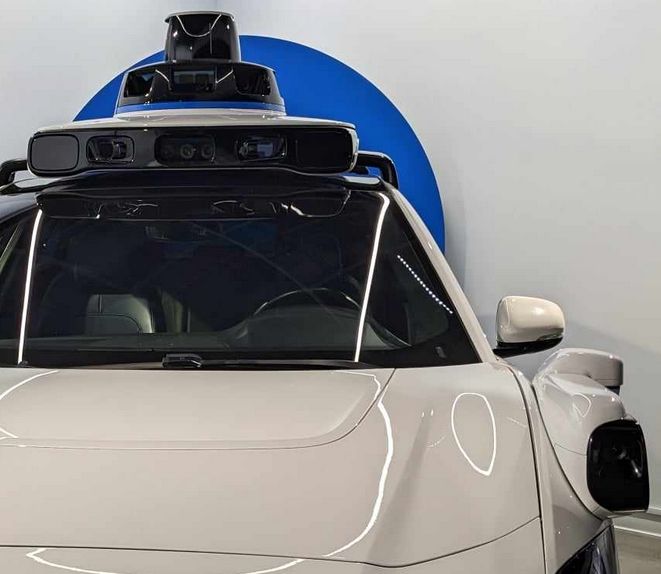
In the last five years, there has been a steady increase in the number of driverless cars. First, such cars were launched in the city of Phoenix (Arizona), followed by launches in San Francisco (California) and Los Angeles (California). The introduction of driverless cars is often accepted with a dose of skepticism. Below, we will examine some of the major issues raised by the opponents of this innovative type of automobiles.
Let’s start with the legal concerns. While driverless cars bring numerous benefits, it is still not entirely clear who owns the data collected by such cars. Normally, videos taken by humans are protected under copyright law as a creative expression. However, one can argue that the data collected by driverless cars is not a creative expression and, therefore, such data should not be subject to copyright protection.
As for the privacy concerns, driverless cars use advanced artificial intelligence (AI) algorithms to process personal data (e.g., video data of pedestrians and drivers of non-driverless cars). Such algorithms are often not transparent and this may violate various privacy rules requiring transparency of data processing.
Pertaining to the security concerns, no interconnected device is 100% shielded against hacking. This is a basic and widely accepted security rule. While hacking of a smart refrigerator or a smart lamp, may have negative impact on the users of those devices, an authorized access to a driverless cars may lead to much more serious accidents. Therefore, the information security of driverless cars needs to be at an exceptionally high level.




